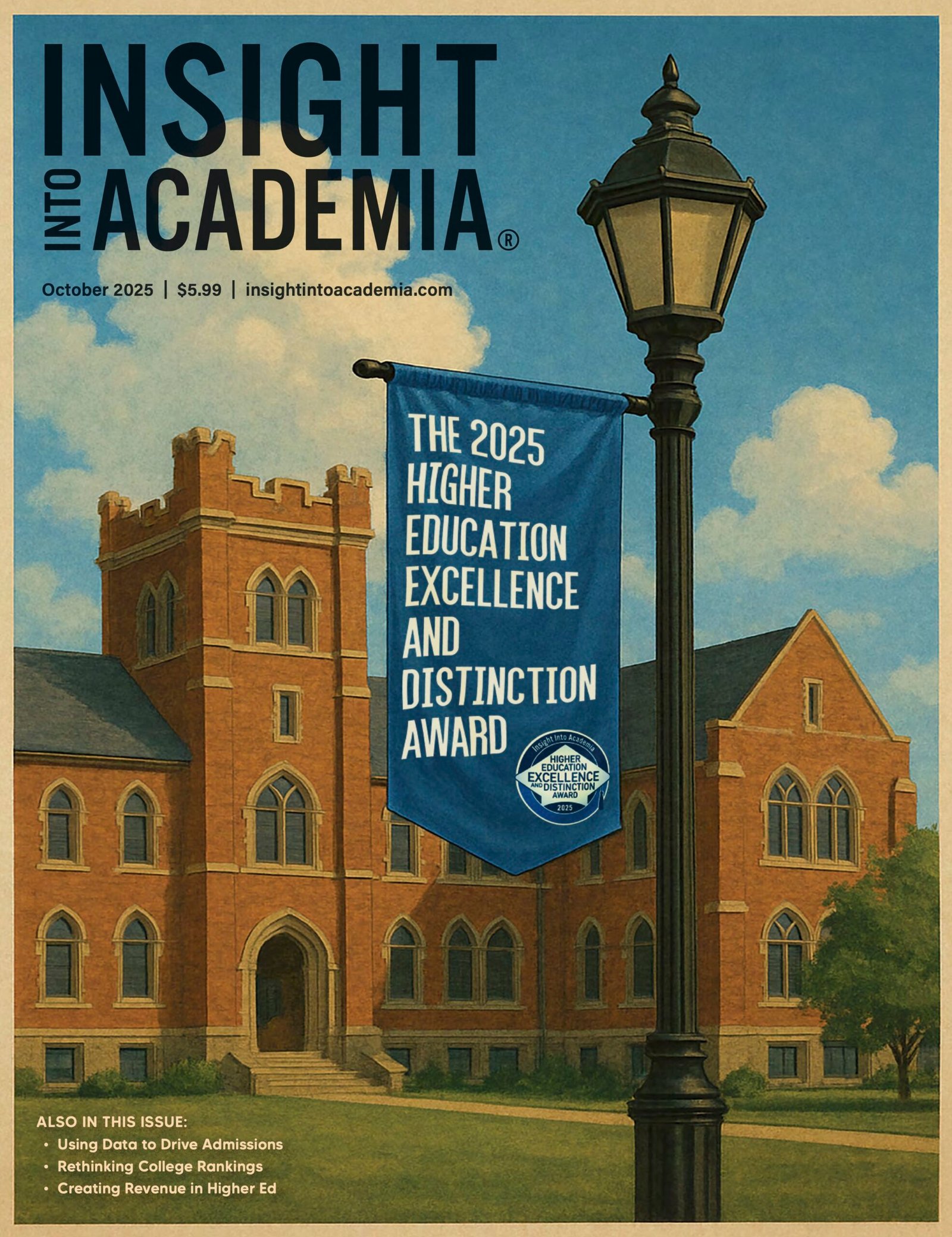Wisconsin legislators approved a set of new proposals this week that will impact higher education institutions in the state, particularly within the diversity, equity, and inclusion (DEI) field.
One of the proposals would prohibit public institutions from creating and operating programs, including some grants and loans, that consider students’ race, ethnicity, national origin, gender, sexual orientation, or religion. Should the bill pass, it would redirect these initiatives to aid students considered “disadvantaged.”
An additional proposal would impose a citizenship requirement for members of the state’s technical college boards. Opponents assert that the bill specifically targets one sitting member of the Gateway Technical College Board.
“I think this is a bad bill. I think it’s exclusionary, and I think it’s bizarre,” Rep. Tip McGuire, D-Kenosha, told Wisconsin Public Radio.
The Wisconsin State Assembly also approved a set of standardized rules governing free speech on state campuses, which could impose fines of up to $500 per day and up to $100,000 in total if a person’s First Amendment rights are found to have been violated. Proponents of the bill claim that it will encourage political and viewpoint diversity. At the same time, detractors argue that it will create a chilling effect on free speech by discouraging debate in the classroom.
In addition, lawmakers passed a measure to establish an automatic admission policy for state universities. Students graduating in the top 5 percent of their high school classes would gain admission to the University of Wisconsin’s (UW) flagship campus, while those in the top 10 percent would automatically qualify for any other public university in the state.
These proposals come at a time when Republican legislators are refusing to approve pay raises for UW employees until the university system eliminates all DEI-related positions. Democratic Gov. Tony Evers is embroiled in a lawsuit against the lawmakers, citing the obstruction of basic government functions.

















